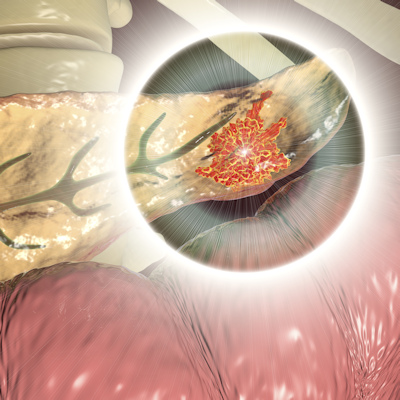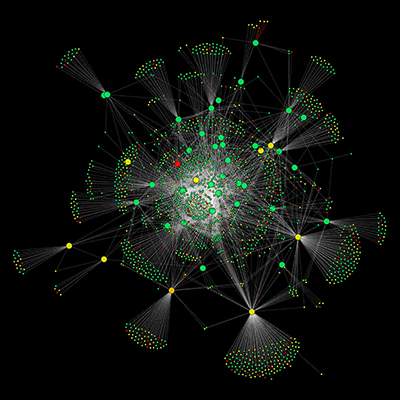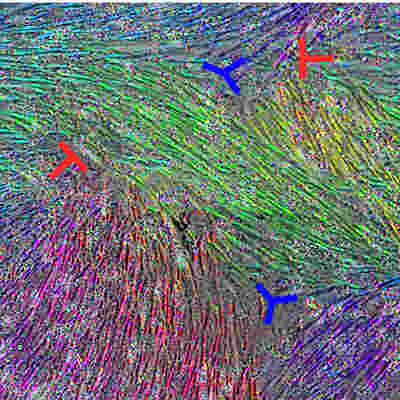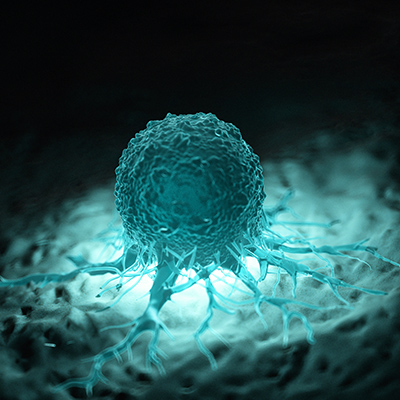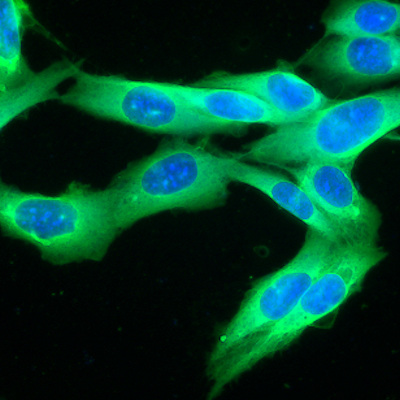June 1, 2022 -- It's been an amazing odyssey of scientific discovery for Yibin Kang, PhD, Warner-Lambert/Parke-Davis professor of molecular biology at Princeton University. Born in a small fishing village in China to parents who were both educators, Kang from an early age had a strong interest in nature and science -- a passion that led to his becoming a cancer biologist in the U.S.
Kang, who spent his graduate and postdoctoral years in Michigan, North Carolina, and New York City, has been at Princeton since 2004 where the focus of his research has been on cancer metastasis. The Kang Laboratory at Princeton applies modern molecular biology, genomics, and computational biology approaches to understand the molecular basis of cancer metastasis.
For more than 15 years, Kang has been investigating a little-known but deadly gene called metadherin (MTDH). His groundbreaking research recently appeared in two papers with co-authors in the journal Nature Cancer in November 2021, demonstrating in mice that blocking the interaction between MTDH and another protein disables its function and prevents metastasis.
As a result, Kang sees the potential for new therapeutic interventions for treating common cancers, including breast, lung, colon, liver, and prostate. Kang's team also recently discovered a new organelle that plays a role in bone metastasis and is formed via liquid-liquid phase separation -- the process by which liquid blobs of living materials merge into each other.
Watch the video below to learn more.
Copyright © 2022 scienceboard.net




